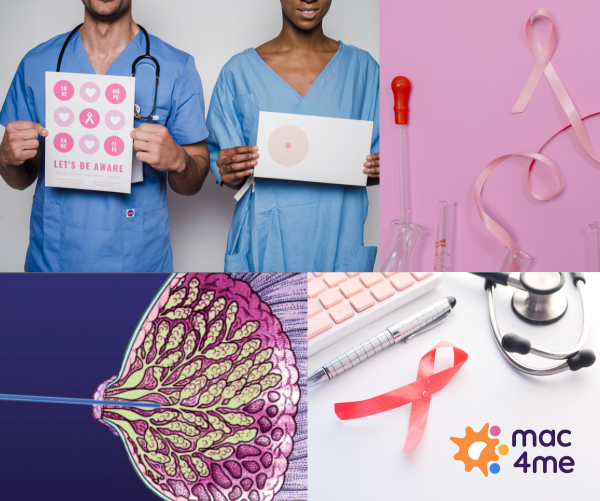
October marks Breast Cancer Awareness Month, a time to stand in solidarity with the millions worldwide affected by this disease. We acknowledge the resilience of patients and those navigating life after diagnosis. While there are advances in prevention and early detection, the Mac4Me Doctoral Network is focused on the complex challenge that follows: metastasis.
Twice this month, on Metastatic Breast Cancer Awareness Day (October 13th) and the International Day against Breast Cancer (October 19th), we reinforce the need for action against advanced disease.
Metastatic Breast Cancer (MBC) occurs when cancer has spread to distant organs like the bone, liver, or brain. An estimated 20–30% of patients initially diagnosed with early breast cancer will ultimately progress to this stage. This progression is the critical point that requires more than awareness—it demands targeted scientific action.
The Mac4Me consortium brings together European academics and non-academic partners in a focused fight against metastasis. We research for the 5–10% diagnosed initially with MBC and for every patient who faces recurrence. Our ultimate goal is curative innovation. While current therapies may extend life and improve quality of life, our work is determined to find new ways to prevent metastasis from taking hold.
Our multidisciplinary research is dedicated to understanding the Tumor Microenvironment (TME) at the metastatic site. This local environment often dictates poor response to current immunotherapies, which is why Mac4Me is uncovering new therapeutic targets by focusing on the role of macrophages. Macrophages are immunosuppressive immune cells that cancer cleverly recruits to help it escape the immune system. By investigating the mechanisms of aggressive cancer spread, we aim to “re-educate” these cells to fight the tumor instead of supporting it.
As a Doctoral Network, we are also committed to ensuring Patient and Public Involvement (PPI), integrating patients into all possible research steps. This ensures that the scientific effort of our next generation of PhD researchers directly addresses the real needs and expectations of the community living with MBC.
Picture bottom left: Copyright © 2006 Volker Steger/Science Photo Library


